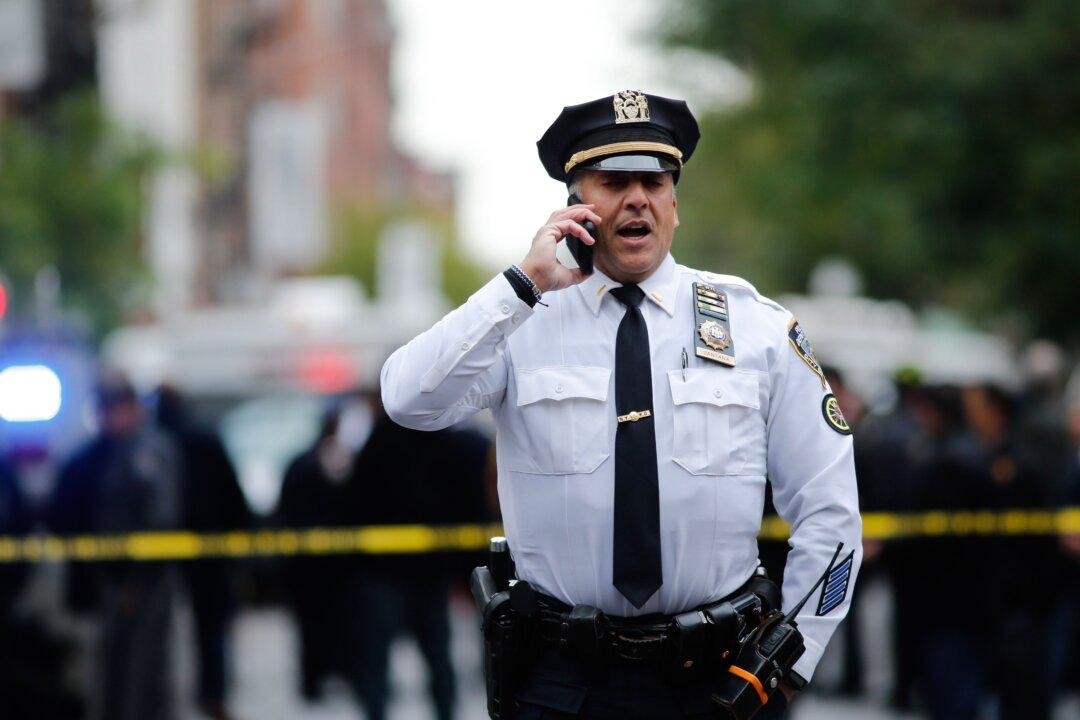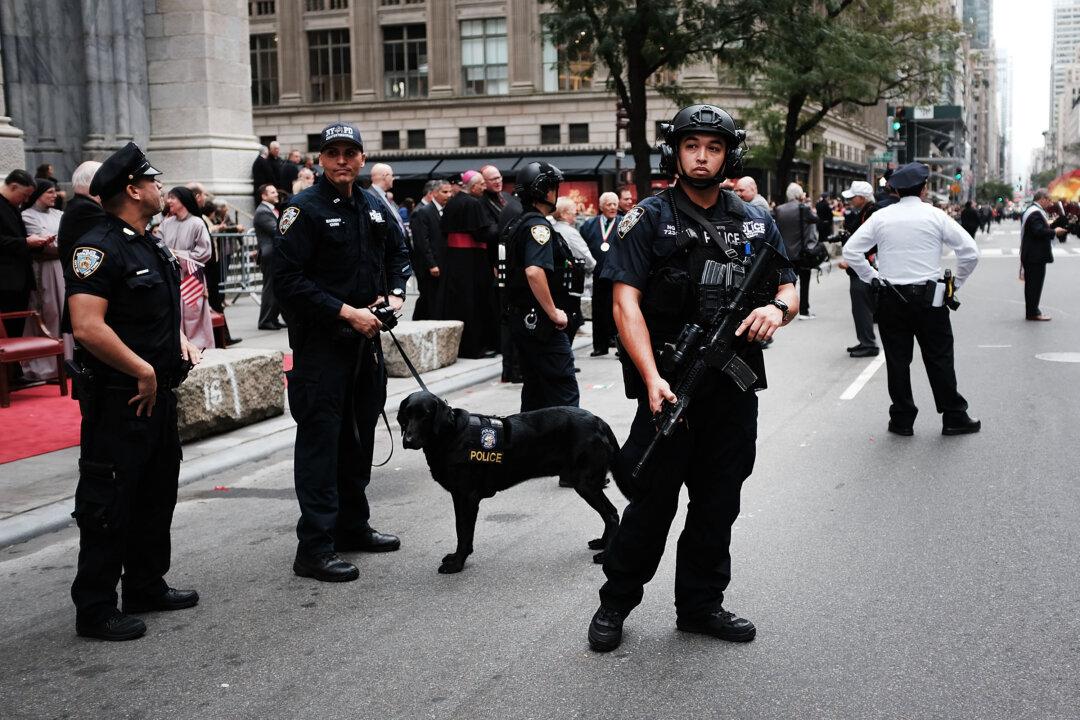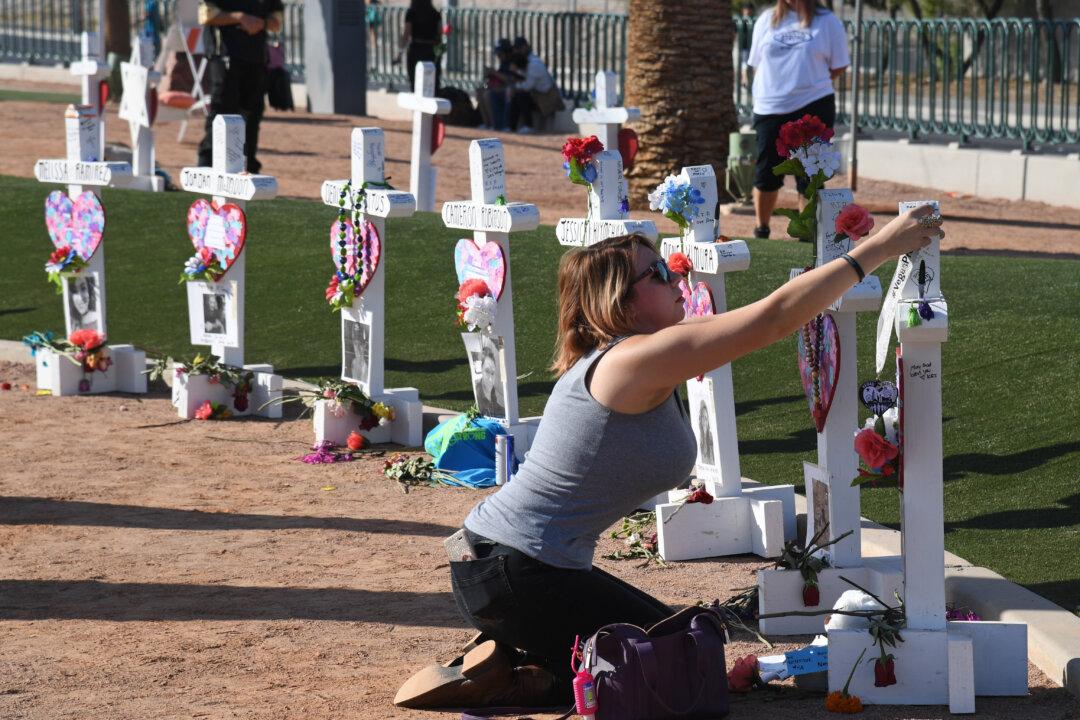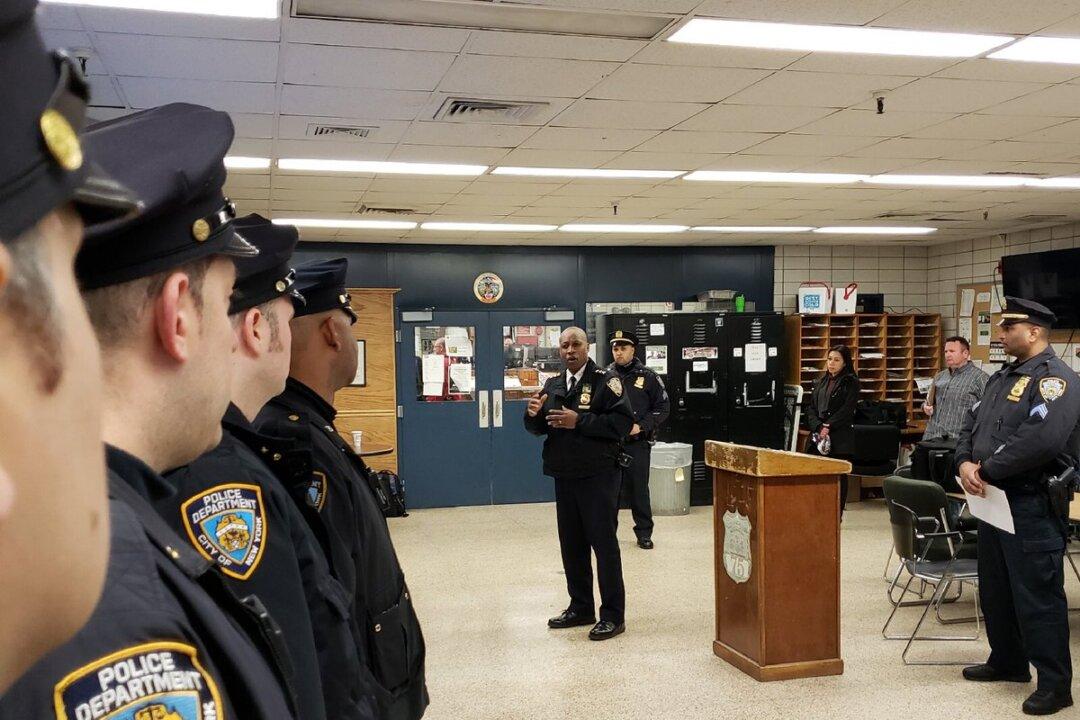American policing is at a defining moment and the eyes of the world are upon us.
It would be naive, irresponsible, and disingenuous to portray policing in America as without issues, especially due to recent police–community division in places including Staten Island, Baltimore, Ferguson, Cleveland, and North Charleston.
But while these issues demand transparency, dialogue, and resolve, we must take time to appreciate dedicated police officers. Our police are community members, and in collaboration with law-abiding citizens, critical to security and safety.
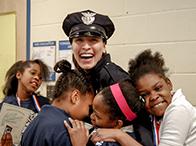
Community Policing Officer Jackelyn Burgos with Cleveland Public School children at conclusion of G.R.E.A.T. program. Courtesy of Cuyahoga Metropolitan Housing Police Department


